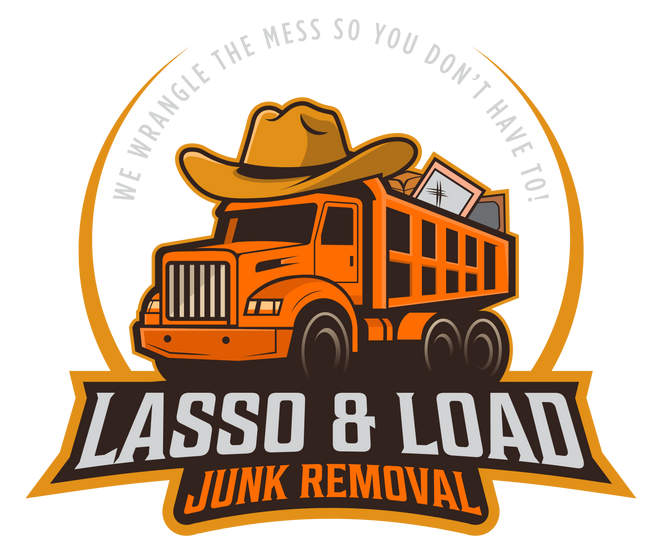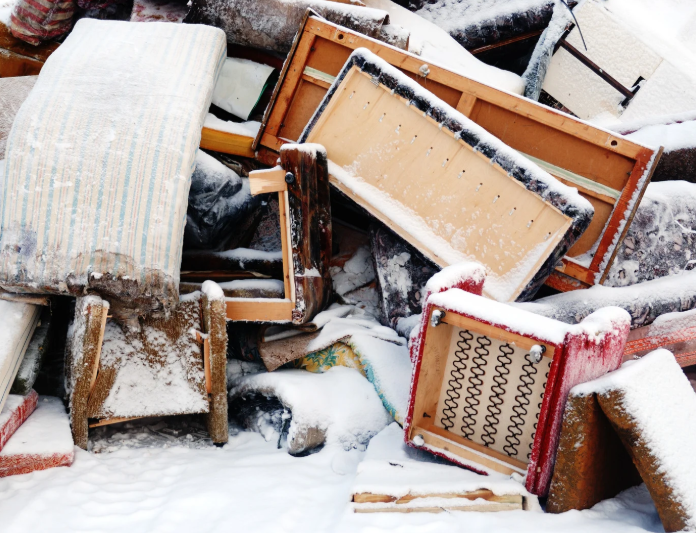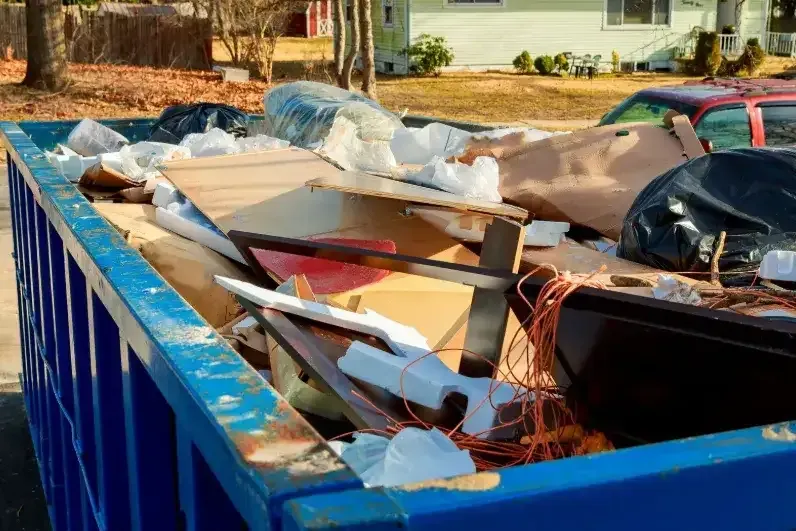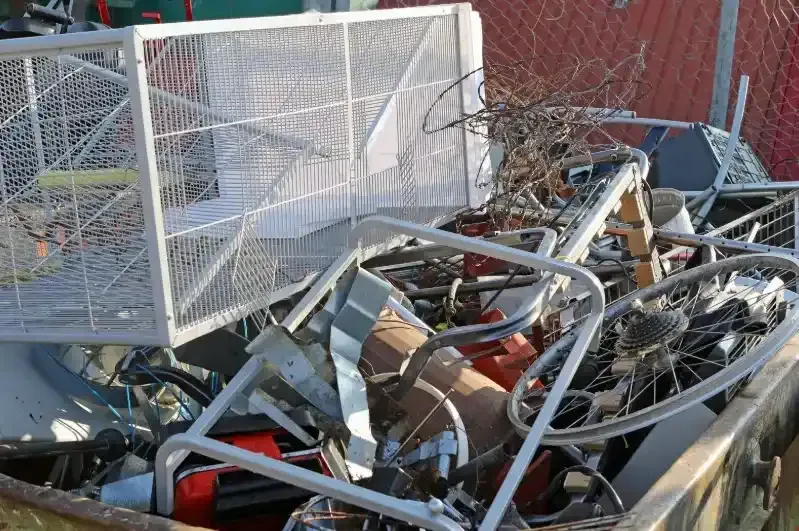Scrap Metal Removal: Helping the Environment and Economy
In today’s world, sustainability is more important than ever, and one often overlooked aspect of sustainability is scrap metal removal. While most people focus on recycling plastic, paper, and other materials, scrap metal has an equally vital role to play in maintaining environmental health and fostering economic growth. The benefits of proper scrap metal removal extend far beyond just cleaning up unwanted materials. When properly recycled, scrap metal helps reduce pollution by keeping harmful metals out of landfills and minimizing the need for new mining operations, which are both energy-intensive and damaging to the environment.
Additionally, the recycling of scrap metal conserves valuable natural resources, ensuring that precious raw materials are available for future generations. Beyond its environmental impact, scrap metal removal also plays an essential role in boosting local economies by creating jobs, reducing production costs, and supporting a circular economy that relies on the reuse and recycling of materials instead of constant extraction of new resources.
The Environmental Benefits of Scrap Metal Removal
One of the most significant advantages of removing scrap metal from landfills and urban spaces is its positive impact on the environment. Metal, especially when it’s left to accumulate, can contribute to environmental degradation in a number of ways. For instance, metals like aluminum and steel can take hundreds of years to decompose in a landfill, and in the meantime, they may release harmful substances into the surrounding soil and water systems. By engaging in scrap metal removal, we prevent these harmful substances from polluting the land and waterways. Scrap metal removal also addresses a very specific issue that affects not only the environment but also human health: the energy costs of extracting new metals from the earth. Mining for metals such as iron ore, copper, and aluminum requires significant energy and produces a large amount of carbon dioxide and other greenhouse gases.
When scrap metal is properly recycled, this energy-intensive process can be reduced or even eliminated. In fact, recycling metal uses up to 95% less energy than producing new metal from raw materials. This energy savings translates into lower carbon emissions, making scrap metal recycling one of the most eco-friendly activities in the recycling world. Moreover, the process of melting down scrap metal for reuse consumes less water and reduces the overall strain on natural resources, which are increasingly becoming scarce. This approach helps protect ecosystems and wildlife, as less land needs to be cleared for mining and fewer toxic byproducts are released into the environment. In essence, scrap metal removal represents a proactive step toward minimizing humanity's ecological footprint.

How Scrap Metal Removal Boosts the Economy
While the environmental benefits of scrap metal removal are critical, the economic advantages are just as profound. The global demand for metal continues to rise, and recycling scrap metal has become an essential industry that generates substantial revenue and employment opportunities. In many cases, scrap metal can be sold to recycling centers, where it is cleaned, processed, and resold to manufacturers who use it to create new products. This creates a cyclical economic process that reduces the need for virgin raw materials while simultaneously stimulating local economies. One of the most immediate economic impacts of scrap metal removal is the creation of jobs. Whether it’s through collection, sorting, or processing, the scrap metal industry provides thousands of jobs worldwide. Many small and medium-sized businesses thrive on the demand for metal recycling, offering a boost to local economies.
These businesses depend on a steady supply of scrap metal, which comes from homes, construction sites, old appliances, and other sources. In turn, this keeps the industry growing and thriving, benefiting workers in a variety of fields, from logistics to engineering. Additionally, scrap metal removal and recycling help reduce the costs of manufacturing. Using recycled metals in place of newly mined metals not only reduces production costs but also increases the sustainability of manufacturing processes. As industries shift toward using more recycled materials, they can benefit from lower input costs, which helps drive economic growth. For consumers, these cost savings often translate into lower prices for products made from recycled metals, such as cars, electronics, and household appliances.
Supporting Circular Economy Through Scrap Metal Recycling
Scrap metal removal is also closely tied to the concept of a circular economy. A circular economy focuses on keeping resources in use for as long as possible by reusing and recycling materials rather than relying on the traditional “take, make, dispose” model of production. Scrap metal removal plays a critical role in this process by enabling the continuous reuse of metals, reducing the need to extract raw resources. In a circular economy, the lifecycle of materials is extended, and waste is minimized. Scrap metal that would otherwise be discarded is instead reprocessed and returned to the production cycle. For example, recycled steel is often used to create new steel products, while aluminum scrap can be melted down and transformed into new cans or car parts.
This continuous loop of recycling not only helps reduce waste but also ensures that valuable metals are never lost. This type of resource management is not only environmentally responsible but also economically beneficial. The more metals that are recycled, the less pressure there is on mining operations, which can be expensive and environmentally damaging. The reduction in demand for new metals also lowers costs for businesses involved in metal extraction, refining, and transportation. In the long run, a circular economy creates a more resilient and efficient economy, where resources are conserved, and economic activity is sustained.
The Role of Scrap Metal Removal in Urban Cleanliness and Safety
Urban areas are notorious for accumulating vast amounts of waste, including scrap metal. Whether from abandoned vehicles, old appliances, or discarded construction materials, the presence of scrap metal can make neighborhoods appear unsightly and even pose safety hazards. For example, sharp edges and exposed metal can be dangerous to children and animals, while large, rusting metal objects can create tripping hazards. Scrap metal removal helps mitigate these risks, making cities safer and more attractive. When metals are properly collected and removed, they not only improve the aesthetic appeal of urban spaces but also reduce the risk of accidents.
Additionally, the removal of scrap metal can improve the efficiency of waste management systems by reducing the volume of waste in landfills and freeing up space for organic or biodegradable materials. Local governments and municipalities that invest in scrap metal removal programs often experience reduced cleanup costs, as less waste accumulates in public spaces. Communities benefit from cleaner streets, improved safety, and a higher quality of life. Furthermore, local recycling programs that encourage the collection of scrap metal can foster a sense of community responsibility and environmental stewardship, where residents take pride in keeping their neighborhoods clean and safe.
The Future of Scrap Metal Recycling: Challenges and Opportunities
While scrap metal removal offers numerous benefits, there are still challenges that need to be addressed to improve the efficiency and effectiveness of metal recycling systems. One of the key challenges is the need for more comprehensive recycling infrastructure. In some areas, access to metal recycling facilities may be limited, which hinders the ability of individuals and businesses to properly dispose of scrap metal. Additionally, not all types of metal are easily recyclable, and some may require specialized processes to be reprocessed into usable materials.
There are also concerns about contamination in the scrap metal stream. When metal is mixed with other materials like plastic, wood, or hazardous chemicals, it can complicate the recycling process and reduce the quality of the final product. This is why it’s essential for recycling centers to implement proper sorting systems and for consumers to ensure they are disposing of their scrap metal properly.
The Global Impact of Scrap Metal Recycling
While much of the conversation around scrap metal recycling tends to focus on local and regional benefits, the global impact is just as crucial. Scrap metal recycling is an integral part of the global supply chain, helping to balance the world’s demand for metals while reducing the environmental damage caused by mining operations. Countries around the world engage in the process of recycling metal, from the smallest items like cans to large industrial scrap materials. As the global demand for metals continues to rise, the need for scrap metal recycling has never been more urgent.
Many countries, especially industrialized ones, have seen the importance of establishing robust scrap metal recycling programs. China, for instance, is one of the world’s largest importers of scrap metal, recycling a substantial portion of the metal that is used in its massive manufacturing sector. In this global context, scrap metal removal plays a pivotal role in creating a circular supply chain that transcends borders and facilitates the sustainable production of goods.
Conclusion
In conclusion, scrap metal removal is far more than just an environmentally responsible act—it’s an economic and societal one as well. By preventing pollution, conserving energy, supporting the local economy, and advancing the principles of a circular economy, scrap metal removal plays an essential role in creating a cleaner, safer, and more sustainable world. Whether it's through community recycling programs or individual efforts, we can all contribute to a more efficient and eco-friendly system. The practice not only helps the planet but also bolsters industries and economies, creating a win-win situation for all.
At Lasso & Load Junk Removal, we understand the importance of responsible scrap metal removal. Serving Gwinnett County, we are committed to ensuring that your unwanted metal items are disposed of properly, contributing to both environmental sustainability and economic growth. For more information or to schedule a pickup, contact us today at 404-227-2017 or email Lauren.renwickk@gmail.com.









